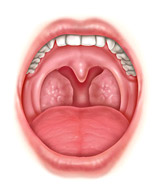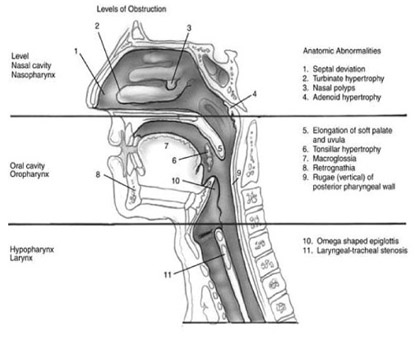Snoring, Sinus & ENT Specialist
- Dr Kenny Peter Pang
- Ear, Nose & Throat Consultant
- Otorhinolaryngologist
- MBBS MRCS(Edinburgh)(UK)
- FRCS(Edinburgh)(UK)
- FRCS(Ireland)(OTO)
- Masters Medicine (ORL)
- Founder, ASEAN Sleep Surgical Society
- Founding Member, International Surgical Sleep Society
- Member, American Academy Sleep Medicine
- Member, Singapore Sleep Society
- Member, World Sleep Society
- Board Member, Italian Sleep Disorders Board
- Member, British Association of Sleep Surgeons
- Member, European Academy of Sleep Medicine
What is Snoring?
Snoring is noise produced during inspiration when one is asleep. It is due to the vibration of the soft palate, uvula base of tongue and other soft tissues in the throat when one inhales. It implies an increased resistance to the inflow of air during breathing at the level of the upper airways.
As much as 30% of the adult population, or 60% of men over 40 years of age snore.
Is snoring an illness?
Snoring itself is not an illness, but it can be a potential problem, especially if it disturbs other people’s sleep. The snorer may be the target of irritation or anger, may even strain household or marriage relationships.
Snoring if associated with symptoms of tiredness, poor concentration, daytime sleepiness, choking sensation at night, may be a sign of a potential serious medical problem – Obstructive Sleep Apnoea (OSA).
Is snoring dangerous?
Snoring is dangerous if it is associated with daytime tiredness, morning headaches, nighttime choking / gasping or difficulty in breathing. Snoring and Sleep Apnea can lead to heart attacks heart failure, high blood pressure, strokes and sudden death while sleeping.
Where is it generated?
NOSE, PALATE, TONSILS/ADENOIDS, TONGUE
- Nose - nose blocked, runny nose, sinus problems, nose polyps can block the breathing passage in the nose.
- Palate - a long palate, long and thick uvula can vibrate and block the mouth and oral cavity, resulting in smaller airway.
- Tonsils / Adenoids - big tonsils and adenoids that can also block the airway.
- Tongue - a large tongue will block the airway. As we sleep on our backs, the tongue would fall backwards and obstruct the airway leading to low oxygen and hence, stress to the brain and heart.


Can it be cured?
YES.
There are a number of different treatment options, the efficacies of which are pretty similar. This is due to nose block and palate vibration / flutter. Thus, treatment is directed at opening up the nose passage and stiffening and strengthening the palate. The theory is that the stiffer the palate the less likely the palate would vibrate and hence, no more obstructions and better oxygen levels at night during sleep, therefore better rested sleep.

Sudden Death during sleep is a feared event.
TREATMENT = TO ENLARGE NOSE PASSAGE AND TO STIFFEN PALATE = RESULTING IN LESS SNORING, LESS BLOCKAGE IN THE AIR PASSAGE = MORE OXYGEN IN THE BLOOD






